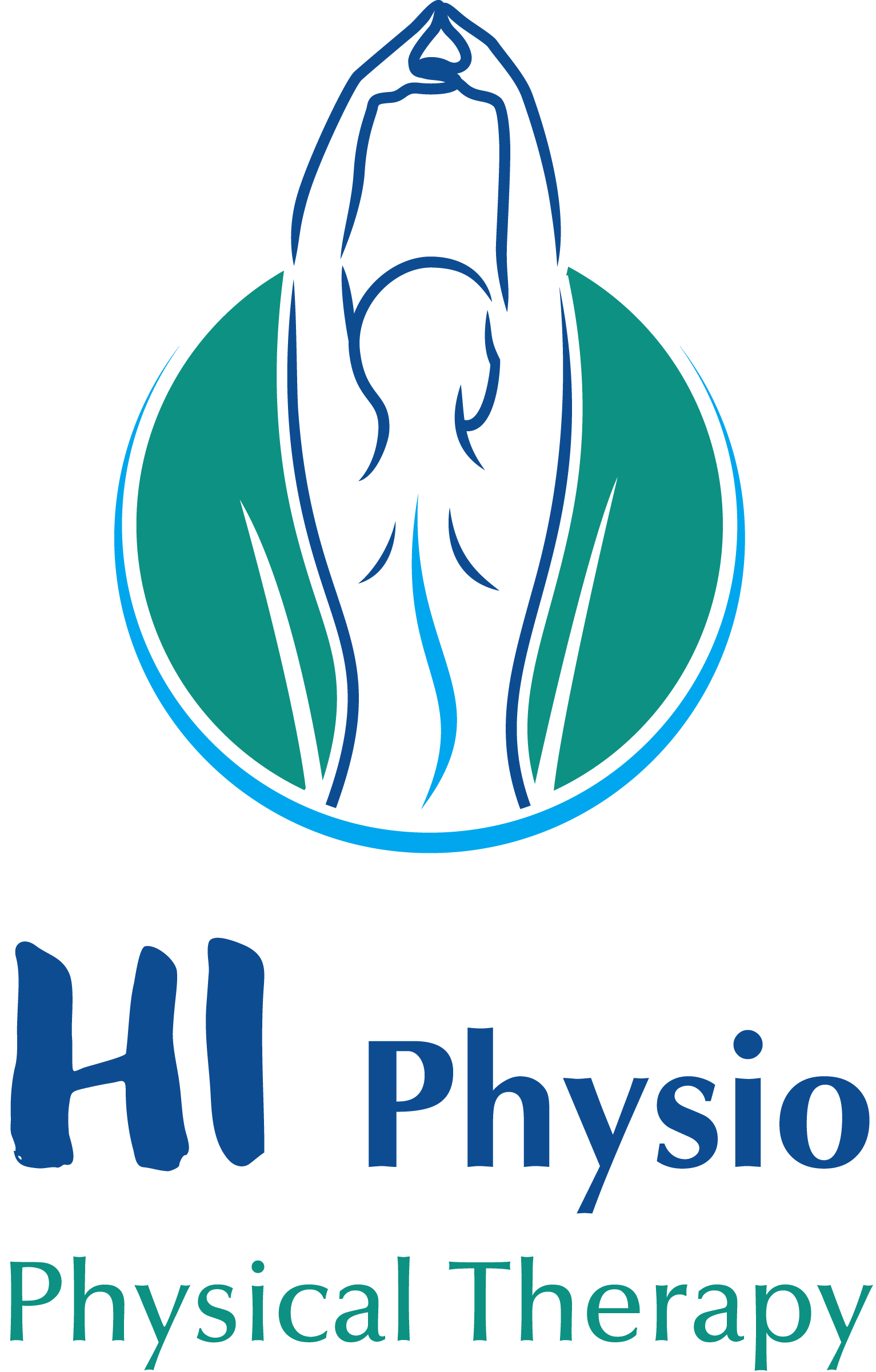most common Physical therapy issue in new york city
Lower Back Pain
Lower back pain is extremely common. In terms of lost time at work, lower back pain is second only to the common cold. Here is some jargon related to lower back pain you may have heard:
- Intervertebral disc: Shock absorbing pad sitting between each bony segment (vertebra) in the spin
- Herniated disc: Often called a “slipped disc” is a protrusion or bulging of the intervertebral disc outside of where it normally sits, which may compress a nerve and cause some sort of radiculopathy or spinal nerve symptom
- Radiculopathy: Radicular (spinal nerve) pathology meaning any nerve-related ailment affecting the spine or spinal nerve that can include tingling, numbness, pain, weakness. This can be caused by an intervertebral disc, scar tissue, tight muscles, fascia tissue, etc.
- Sciatica: Radiculopathy of a spinal nerve that travels beyond the knee level into the lower leg
None of it really matters all that much.
Here is the bottom line when it comes to treating lower back pain whether or not there are symptoms of radiculopathy/sciatica:
If you have lower back pain in your family history, you are at a higher risk. Genetic predisposition is one of the only concrete things we know about lower back pain.
See your doctor:
If you are over 50 years-old and you have cancer in your family history
If your lower back pain and/or radiculopathy occurred following a physical trauma or accident
- If your lower back pain and/or radiculopathy is so severe that you are unable to sit or stand
Go to the hospital:
- If you experience marked or sudden weakness in any muscle in your leg(s)-or arm/hand(s) with or without pain
Otherwise:
- There is a mechanical origin to your lower back pain
- The actual diagnosis associated with it matters very little
What matters much more are the dysfunctional mechanics and stresses on your system as a whole; the origin of your lower back pain.
If you have lower back pain when you sit:
- There is something mechanically wrong with the way you sit
- Worry less about your diagnosis of sciatica and lets fix the way you sit
If you have lower back pain when you stand:
- There is something mechanically wrong with the way you stand
- Worry less about your “slipped disc” and lets fix the way you stand.
Physiotherapy is about finding the mechanical origin of your lower back pain and addressing it.
More question? Leave us a message

